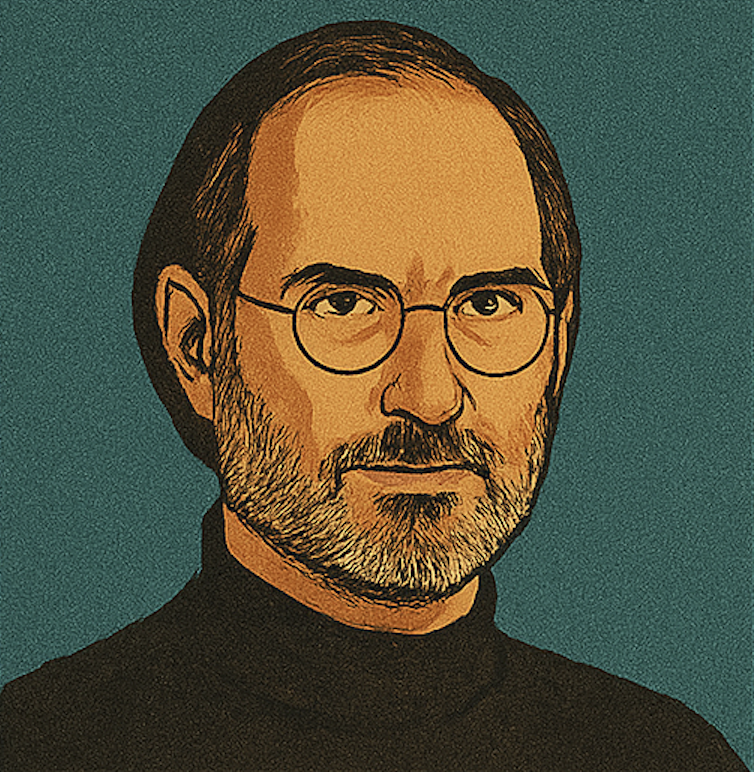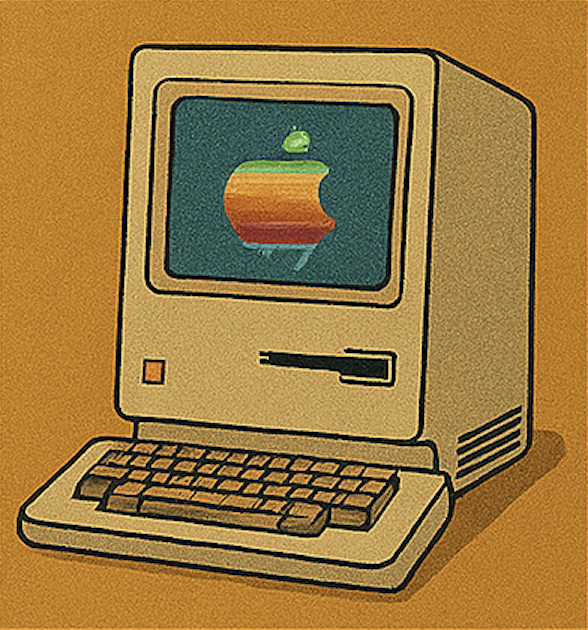Steve
Jobs

Technology Entrepreneur
Steve Jobs was the co-founder and CEO of Apple Inc., and a pioneer of the personal computer revolution with products like the Macintosh, iPod, iPhone, and iPad. He was also known for his role at Pixar Animation and for his profound influence on multiple industries. Beyond his technical and business acumen, Jobs had a spiritual, intuitive side – influenced by Zen Buddhism and Eastern philosophy – which he credited for many of his innovative leaps.

Intuition and Vision
"Intuition is a very powerful thing, more powerful than intellect, in my opinion. That's had a big impact on my work," Jobs famously said. This quote, from his biography by Walter Isaacson, highlights that Jobs considered his gut feelings and imaginative insight to be a guiding force even more important than logical analysis.
Indeed, many of Apple's most groundbreaking products were not the result of market research, but of Jobs's inner vision of what the future could be. He would visualize how technology should ideally work and push his team to achieve that vision. The concept of an iPhone, for example, was a radical manifestation of Jobs's dream of a phone that was all screen and touch-based.

Inner Vision and Action
"Have the courage to follow your heart and intuition. They somehow already know what you truly want to become," Jobs advised in his 2005 Stanford commencement address. This reflects Jobs's belief that an inner voice or higher consciousness can lead one to their destiny. He credited experiential practices like meditation and even psychedelic journeys for opening his mind to new possibilities.
By aligning his energy and focus with the bold visions in his head, Steve Jobs repeatedly brought those visions into reality. Each product launch was almost a manifestation event, turning what once only he could imagine into something the world could hold in its hand. His career demonstrates how a strong faith in one's inner vision – combined with action – can create world-changing results.